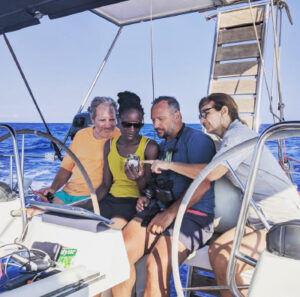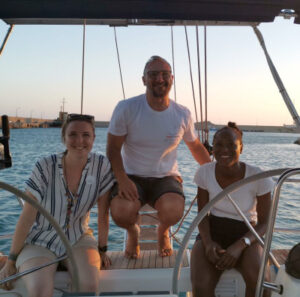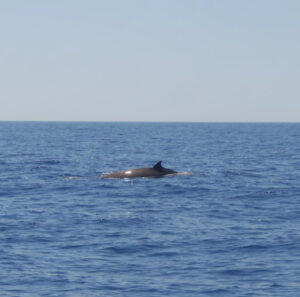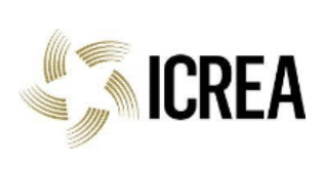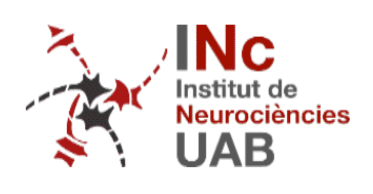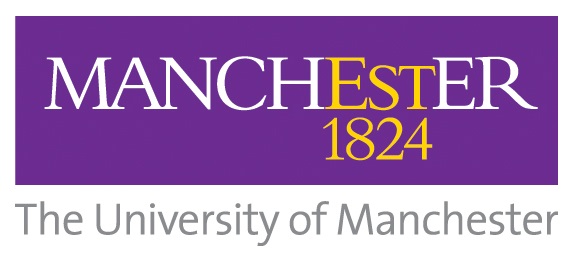PROJECT AIMS
Plastic waste is accumulating in our oceans at an alarming rate and has serious implications for ocean and marine wildlife. The Mediterranean Sea in particular is vulnerable to becoming a toxic wasteland, since it is the most heavily populated and vessel-trafficked closed sea basin in the world. There are genetically distinct sperm whales that are slightly smaller than their cousins in the Atlantic Ocean that can reach up to 16 meters long in size and 35 tons in weight who permanently inhabit the Mediterranean Sea. Numerous and increasing numbers of whale stranding’s indicate that even small micro-plastics in the ocean can accumulate in their gastric system leading to a slow and undeserved death from starvation and dehydration.
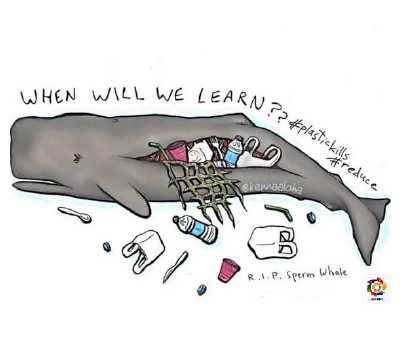
We set up this project because we wanted to encourage proactive action in protecting our oceans from man-made waste and to help understand and protect species such as the endangered Mediterranean sperm whale. Through the NanoWhales project, we raised both awareness and funds together as a lab, and volunteered to support The Pelagos Cetacean Research Institute on a two-week scientific expedition that studied whales across the Hellenic Trench to understand the threats they face, and help shape the laws that helps protect these animals.
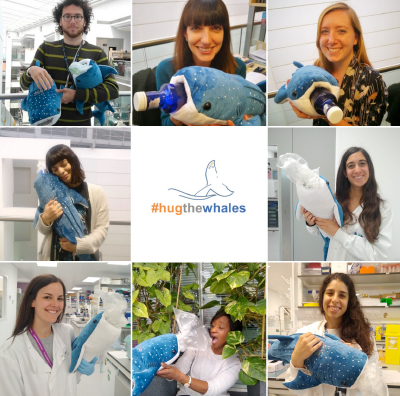
FUNDRAISING EFFORTS
After setting up a page on the University of Manchester’s crowdfunding platform, we got to work on raising funds for the expedition. We hosted bake sales, ran a combined 100 kilometres as a team and shared our cause as widely as possible across social media. We were amazed at how many people got involved, and were over the moon when we raised a total of £11,031. We want to say a huge thank you to all 121 donors and to everyone who engaged with our project. Your likes and shares helped us reach our goal and we know better than anyone that nano actions can lead to big impact!
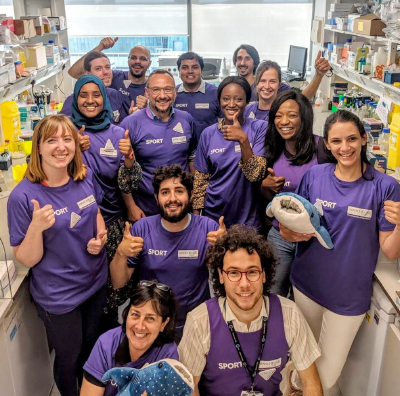
THE EXPEDITION
The Pelagos Cetacean Research Institute is a non-profit organisation that has been studying the eastern Mediterranean sperm whale population since 1998. Pelagos conducts scientific research and coordinates initiatives to protect whales, dolphins, and porpoises and their habitats from all sources of disturbance, such as chemical pollution, noise pollution, ship-strikes, accidental capture and injury, overfishing and, of course, plastic pollution.
Three of our lab members, Kostas, Michelle and Jess, volunteered to spend two weeks living on a boat alongside Pelagos marine biologists and oceanographers and helped localise, echolocate and photo-identify whales across the Hellenic Trench.
The money that was raised was used to rent the sailboat and covered various costs such as fuel, skipper fees, on-board living costs, levies and docking costs, and renting out necessary research equipment.

PROJECT OUTCOMES
All the data we collected during our two weeks at sea went to the Pelagos Cetacean Research Institute to help further their mission to conserve cetaceans.
In 2022, a major shipping company, MSC Group, made the decision to re-route their ships to reduce the risk of collision with the endangered sub-population of sperm whales found in the Hellenic Trench. This decision was made directly after talks with the Pelagos Cetacean Research Institute (along with three other environmental groups), who highlighted that MSCs shipping routes ran directly through the critical habitat of the remaining 200 to 300 whales.
We are delighted that our project was able to contribute to the Pelagos Cetacean Research Institute’s research efforts and that our remarkable expedition helped contribute to the direct change and positive impact of MSCs decision to re-route their ships. Such critical action is gravely needed to conserve ocean and marine wildlife and we urge other major shipping lines follow suit.



